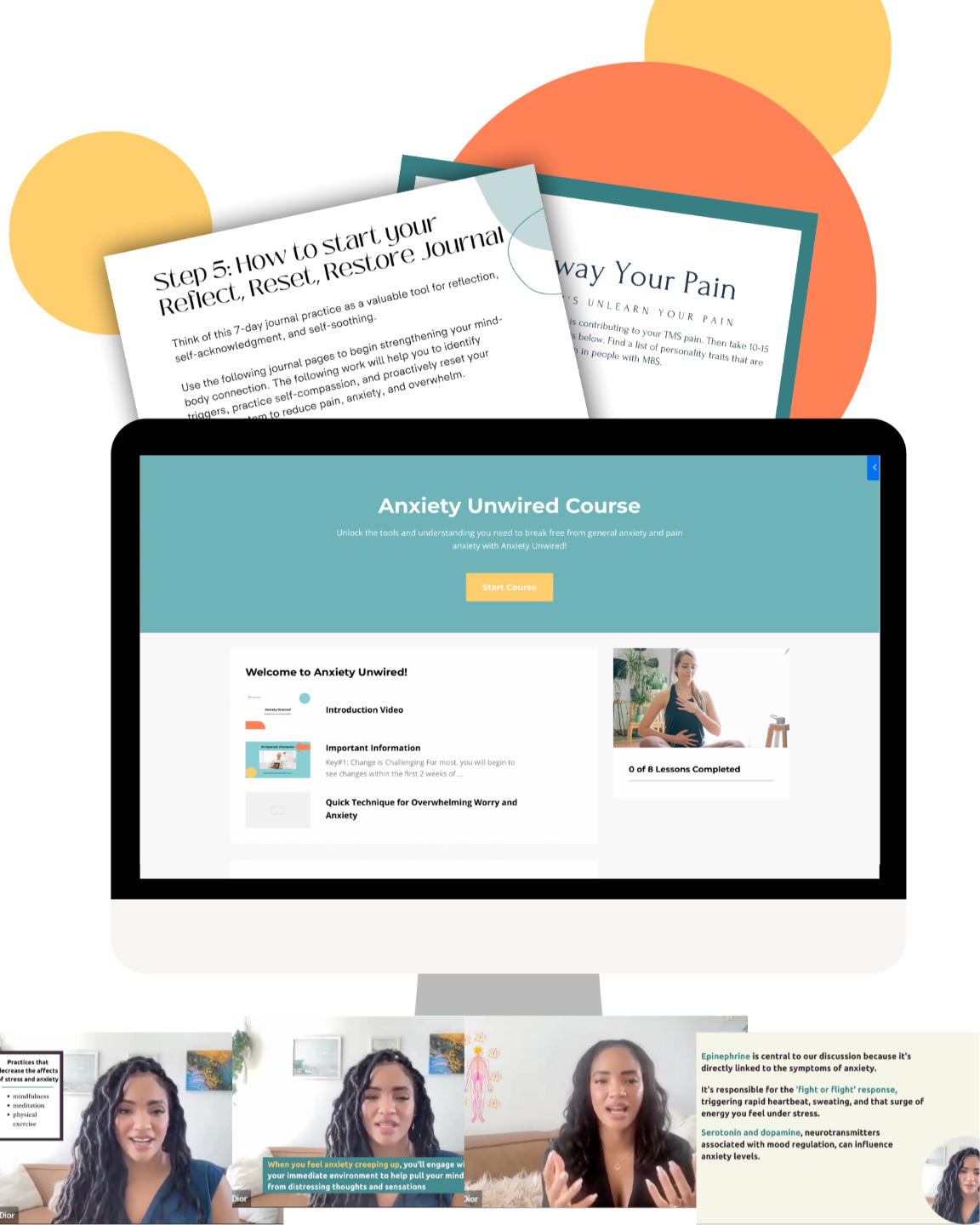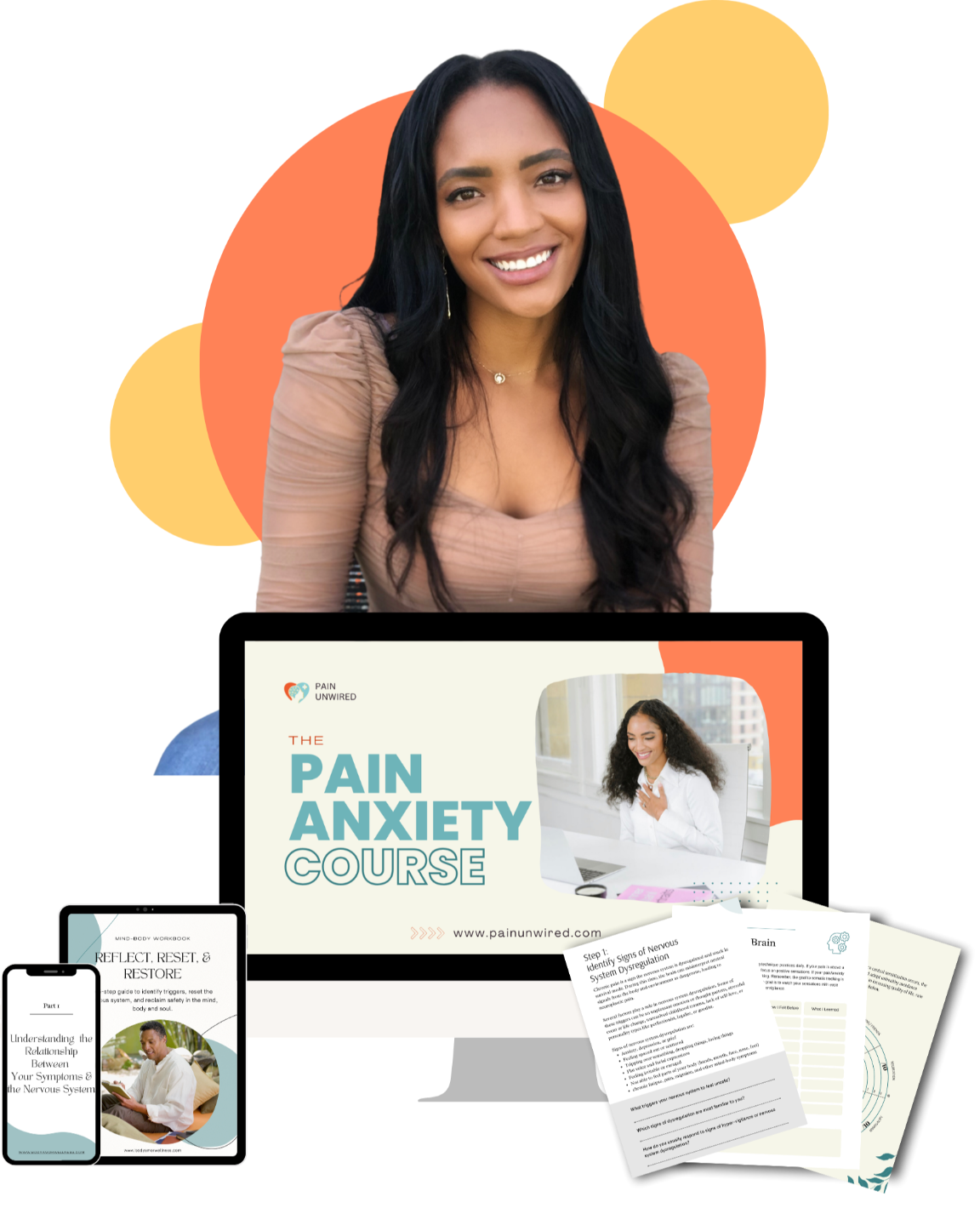
Are You Ready to Take Control of Your Pain Anxiety?
Launches December 2025!Here’s What You’ll Learn in 7 Days
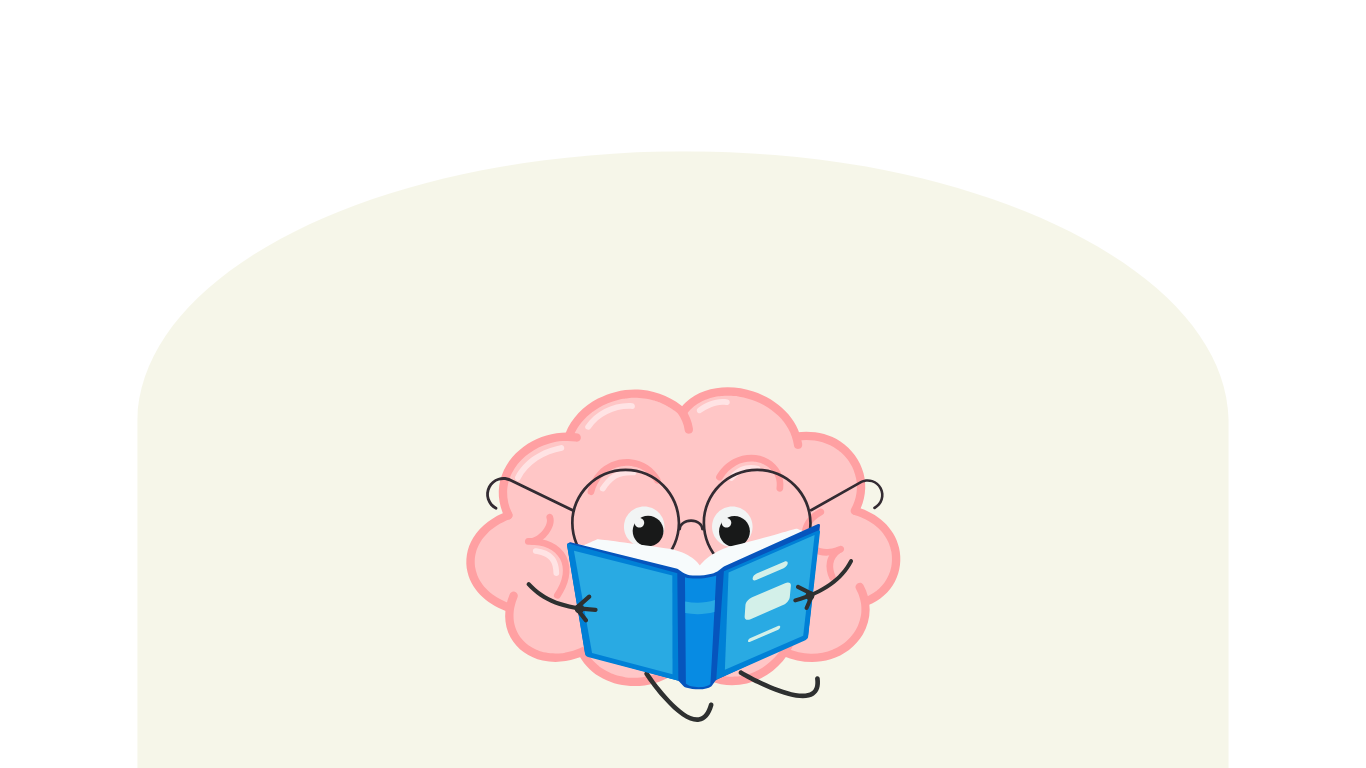
Day 1 – Introduction
- Understand where your pain anxiety currently shows up
- Complete a journal prompt to track your thoughts, feelings, and responses to pain
- Begin measuring your progress over the course
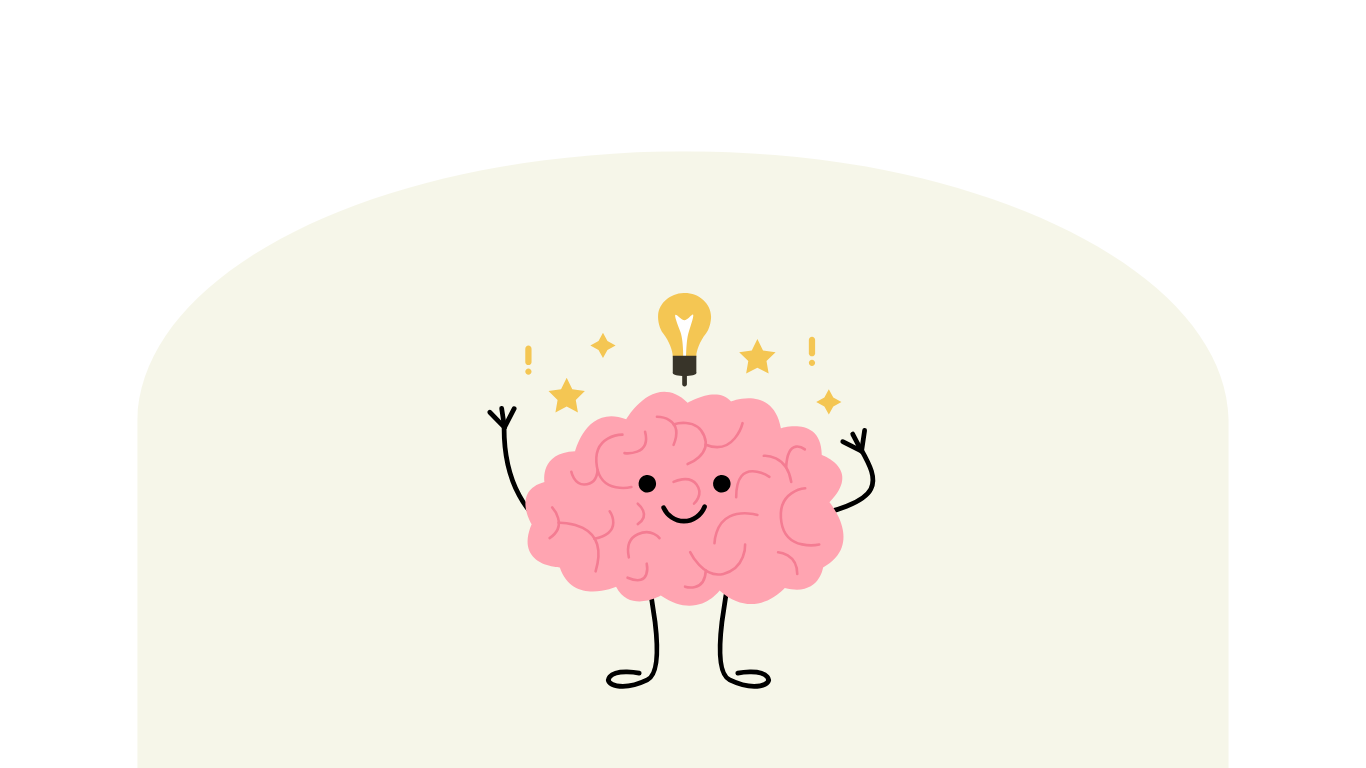
Day 2 – Flare-Ups Demystified
- Learn why flare-ups aren’t setbacks
- Explore safety reappraisal
- Identify neuroplastic vs structural pain: how changing sensations indicate brain-driven, reversible pain
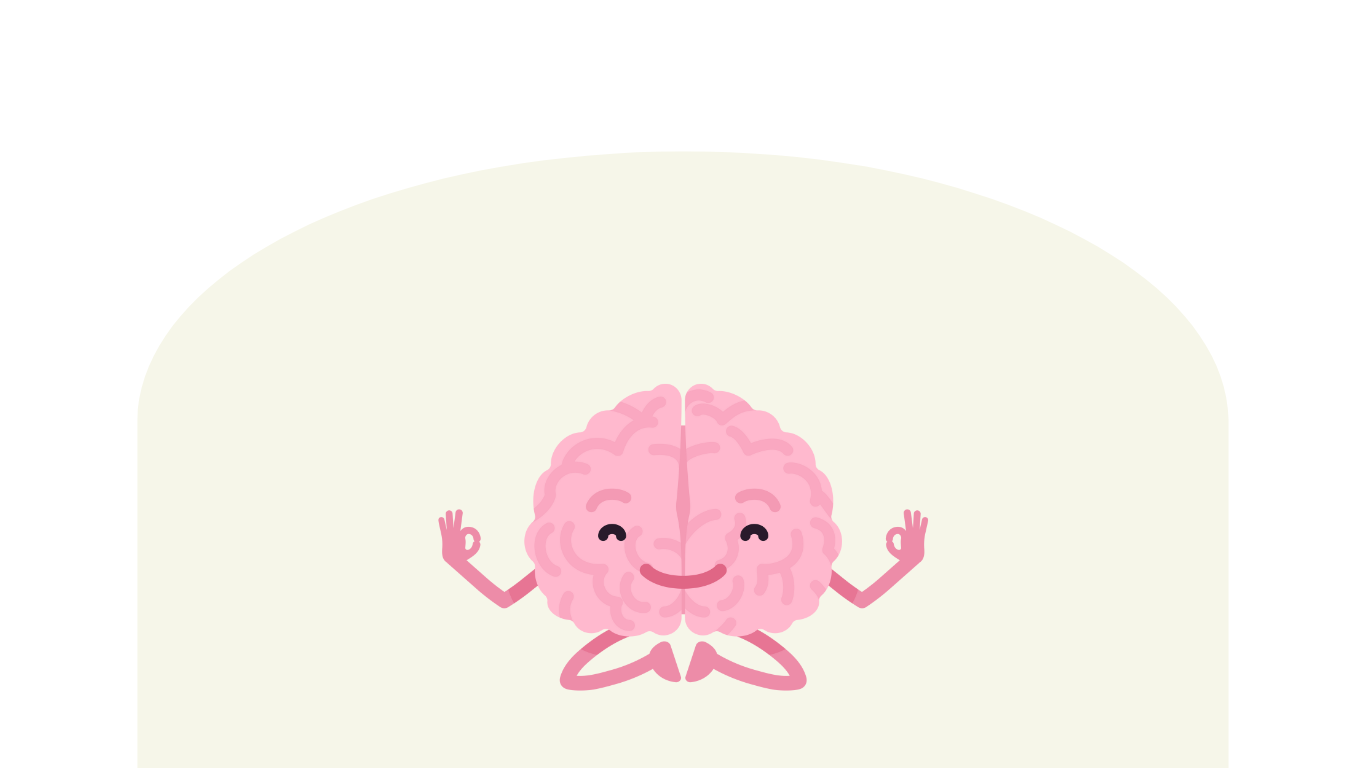
Day 3 – Mindbody Awareness & Somatic Tracking
- Learn to observe your body without judgment or fear
- Introduction to somatic tracking
- Understand when and how to practice safely, especially during lower pain levels
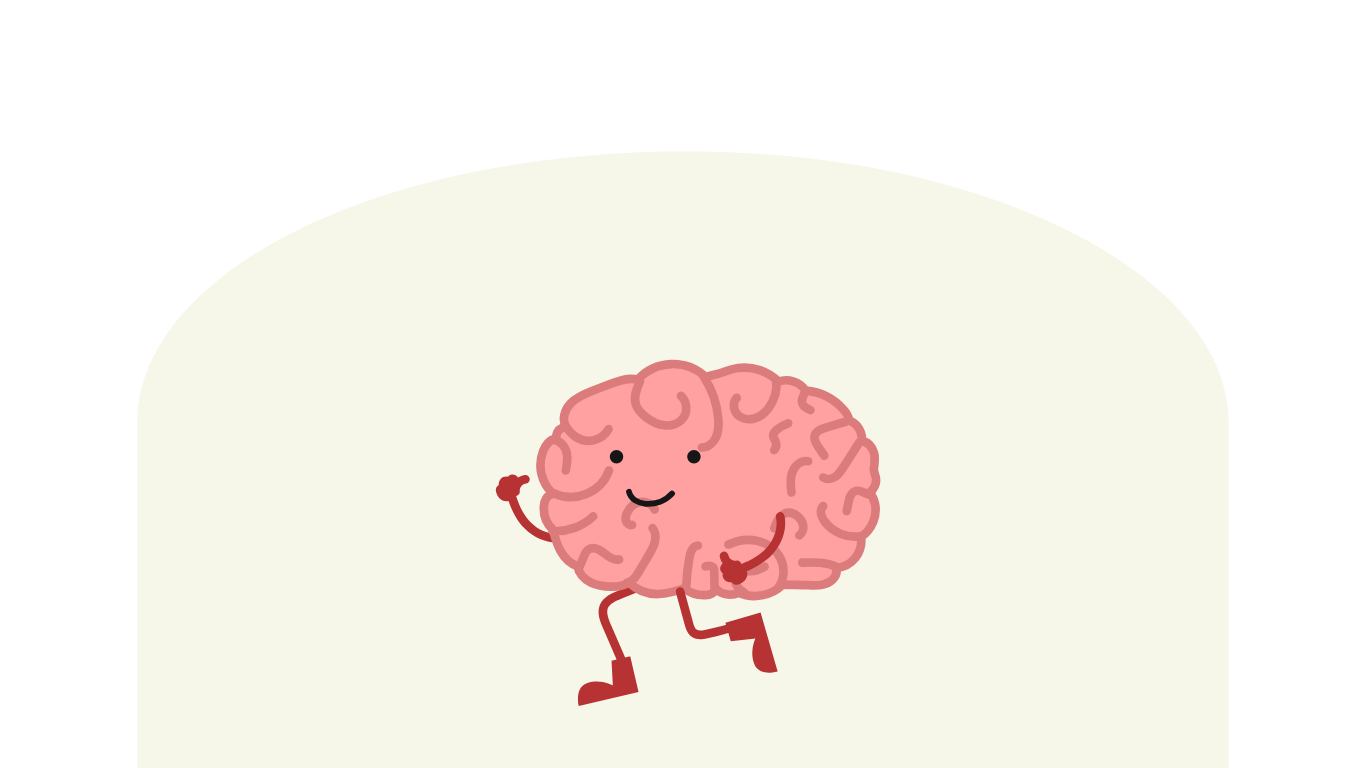
Day 4 – Gradual Exposure to Triggers
- Step-by-step guidance for safely reintroducing activities that provoke anxiety or flare-ups
- Learn to use breathwork, somatic tracking, and safety reappraisal during exposure
- Worksheet: Gradual exposure
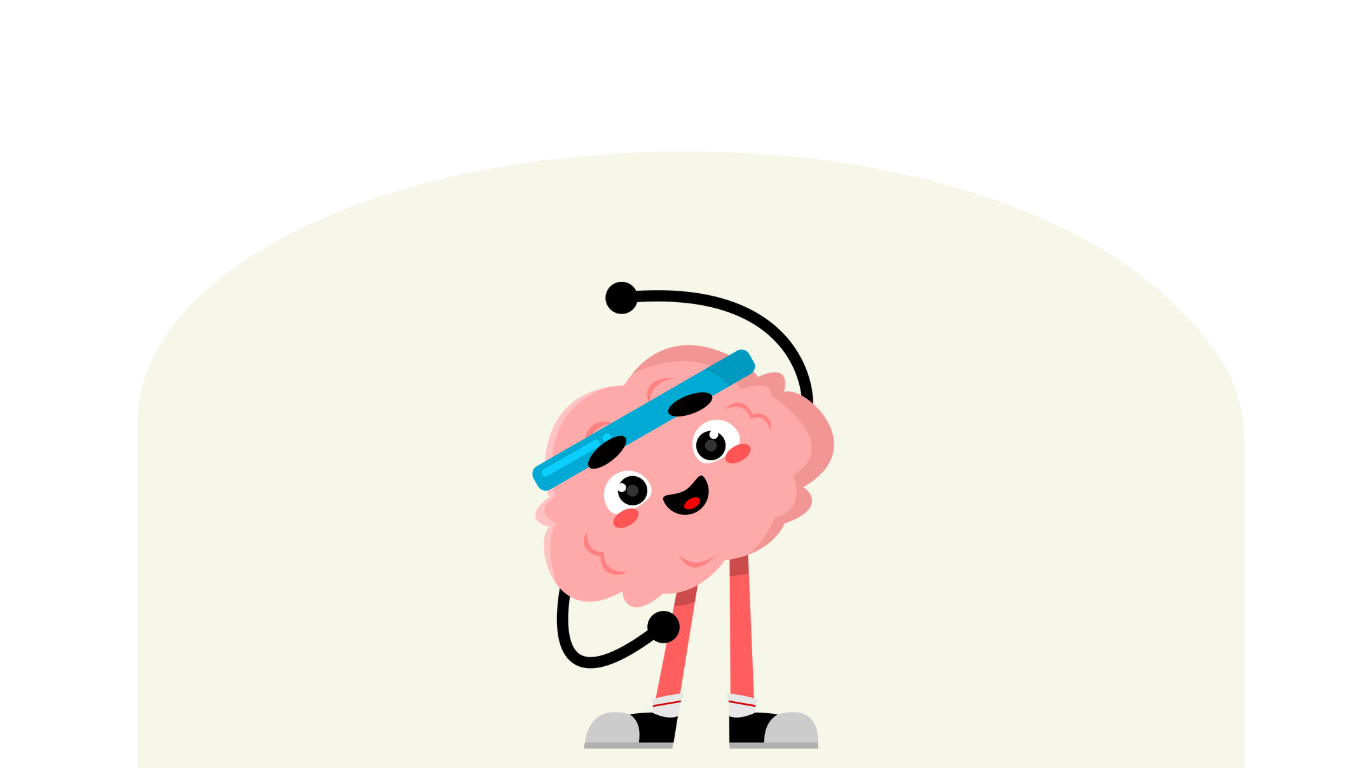
Day 5 – Rebuilding Trust & Short-Term Forward Planning
- Strengthen confidence in your body and nervous system
- Create a personalized exposure plan
- Begin envisioning what activities or experiences you can safely enjoy
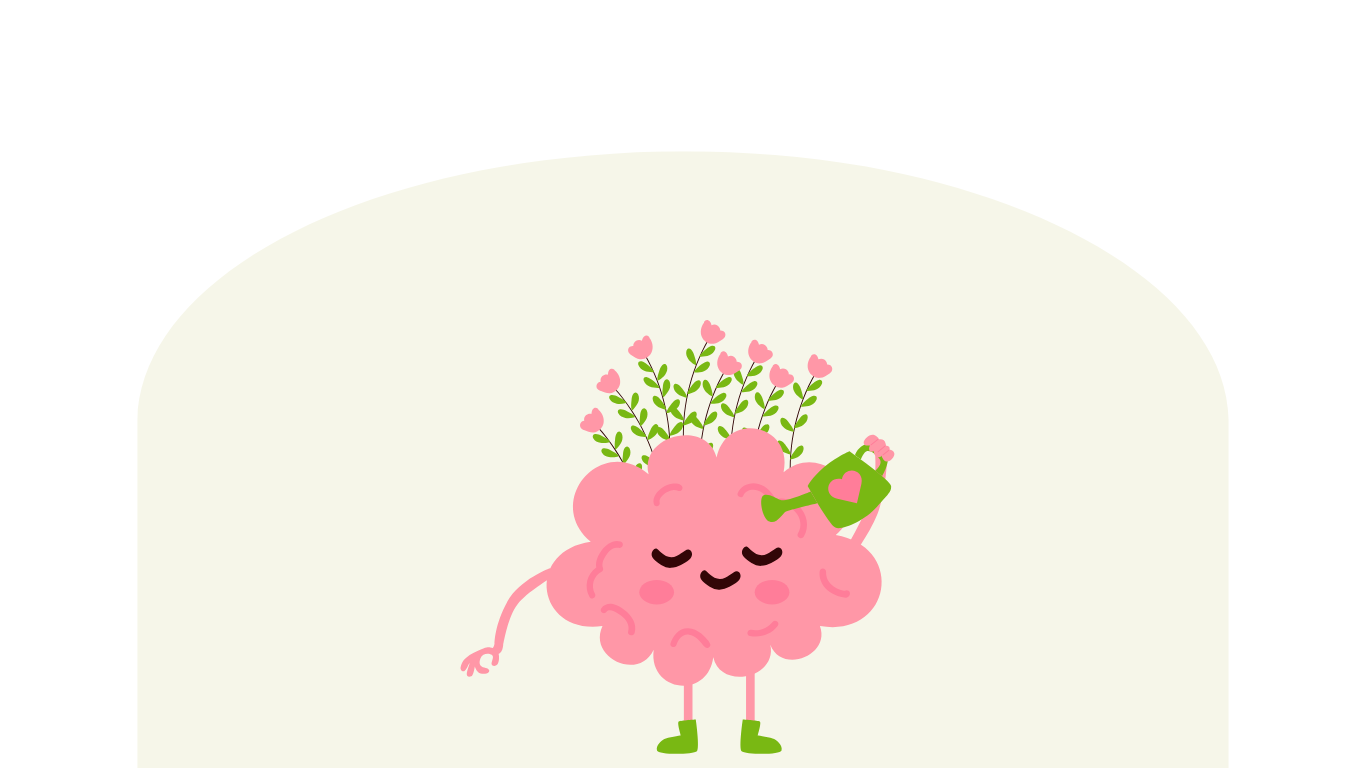
Day 6 – Mindset Shifts & Personality Traits
- Understand how personality traits can unintentionally fuel the pain-fear cycle
- Learn about positive vs negative poles of TMS personality traits
- Explore small shifts to activate positive patterns
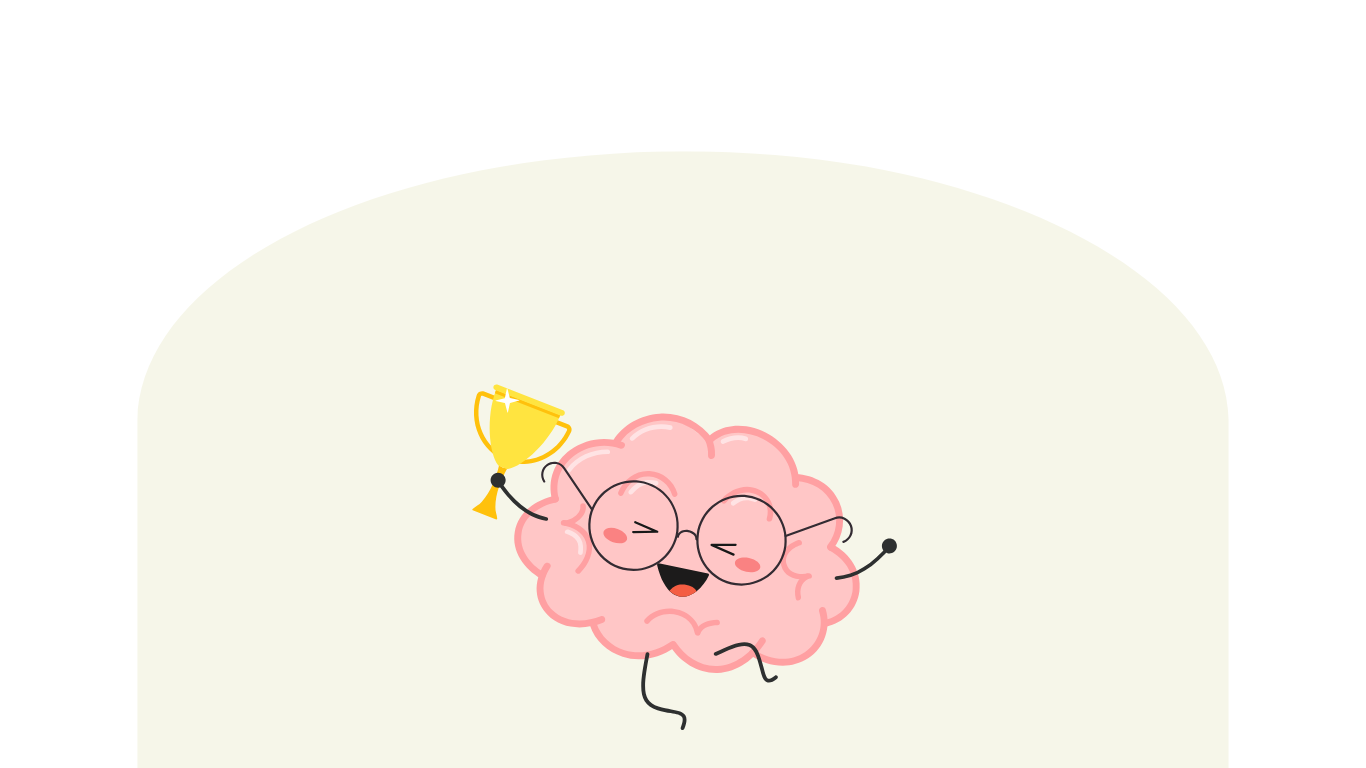
Day 7 – Reflection & Long-Term Next Steps
- Reflect on changes in anxiety, flare-ups, and nervous system response
- Set sustainable, long-term habits to continue reducing pain anxiety, safely reintroducing activities, and practicing mindbody techniques beyond the course
What’s Included in the Course
- 7 instructional videos (10–12 minutes each)
- 7 corresponding worksheets & journal prompts
- Office hours for email support with questions
- Updated FAQ vault with answers to common student questions
The course is self-paced — do what works for your schedule, and refer back to the materials anytime.
"
Amari’s impact on my life extended far beyond pain management. Her insights not only reduced my physical pain but helped me improve every area of my well-being.
— John D.
Who This Course is For
- Anyone experiencing pain anxiety or flare-ups
- People who want to understand and reduce the brain-driven component of their pain
- Students looking for a practical introduction to Pain Reprocessing Therapy (PRT)
Note: This course supports reduction of pain driven by anxiety and stress. If you have a structural injury confirmed by a medical professional, this course will help reduce the stress-related portion of your pain, but cannot reverse structural damage.
Sign Up for the Waitlist!
Meet your coach

Amari Dior
Certified PRT Practitioner and Chronic Pain Coach
As a former chronic pain warrior, I know how overwhelming it feels when pain takes over your life — but I also know what it takes to heal.
For the past five years, I’ve helped people overcome pain anxiety, reverse neuroplastic pain, and rebuild trust in their bodies using mind-body tools and nervous system regulation.
Your brain is powerful. It can create pain — but it can also unlearn it.

